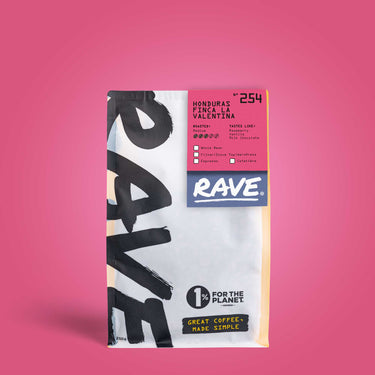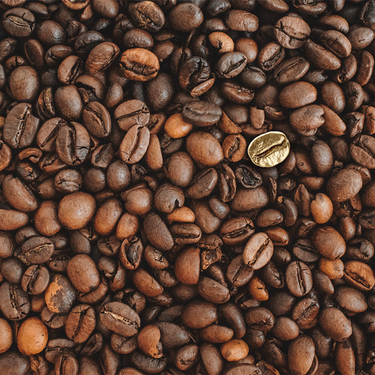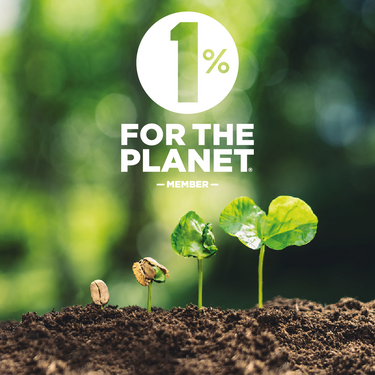Farm - Gisuma, Shara, Karengera and Gashonga Cooperatives 
Altitude - 1,500 to 2,000 metres
Location - Western province close to Lake Kivu
Preparation - Fully washed and sun dried on raised African drying beds
Varietal - Bourbon
Certification - Not certified but supported by Technoserve and the Bill and Melinda Gates Foundation
Harvest - March to July
Shipment - May to September
From the Rusizzi district in western province. This cooperative has 155 members who grow their coffee at an altitude of 1,600 to 1,850 metres above sea level. Red Bourbon, washed and sun dried on raised African beds.
Following the drought of Ethiopia in the 1980s the very mention of that beleaguered nation would provoke thoughts of arid lands, suffering children and many of the other terrible impacts of a devastating famine. The same might be said of Rwanda and the horrendous genocide and civil war that shook the world during 1994. But to consider these countries only in terms of their tragedies would be wrong for they are both incredibly beautiful and culturally rich nations and of course they both produce very good coffee. In Rwanda coffee has brought hope for a better future since those dark days and the country is now rightly heralded as a top producer of fine speciality coffee.
Coffee was introduced to Rwanda in 1903 by German missionaries. As a cash crop it received government backing but the focus was very much on quantity rather than quality. However the impact of the world coffee crisis in the late 1990s, when prices fell for several years below the cost of production, caused many Rwandan coffee farmers to rethink their position. Working hand in hand with the Rwandan Coffee Board (OCIR Café), international NGOs such as USAID, the Bill and Melinda Gates Foundation, and other coffee-focused organisations, a speciality coffee sector was created in the early 2000s.
Rwanda is blessed with ideal coffee growing conditions that include high altitude, regular rainfall, volcanic soils with good organic structure and an abundance of Bourbon. The vast majority of Rwandan coffee is produced by smallholders of which there are thought to be around half a million with parcels of land often not much larger than just one hectare per family. Coffee is grown in most parts of the country, with particularly large concentrations along Lake Kivu and in the southern province.
Rwandan smallholders organise themselves into cooperatives and share the services of centralised wet-mills –or washing stations as they are known locally. Flowering takes place between September and October and the harvest runs from March to July with shipments starting in late May early June.
All of our selected coffees have been supported by the NGO Technoserve, whose mission is to empower people in the developing world to build businesses that break the cycle of poverty. In coffee this is achieved by improving the quantity and quality of coffee they produce.
Cupping ProfileAcidity: 8 - 9 - Bright, intense, exciting,
Sweetness: 8 - 9 - Exceptional sweetness.
Character: 8.5 - 9 - Plummy character, warming allspice, juicy & dense.
Body: 8 - 9 - Depending on the roast.
Balance: 7.5 - 8.5 - A little spikey, but fascinating at a medium roast.





